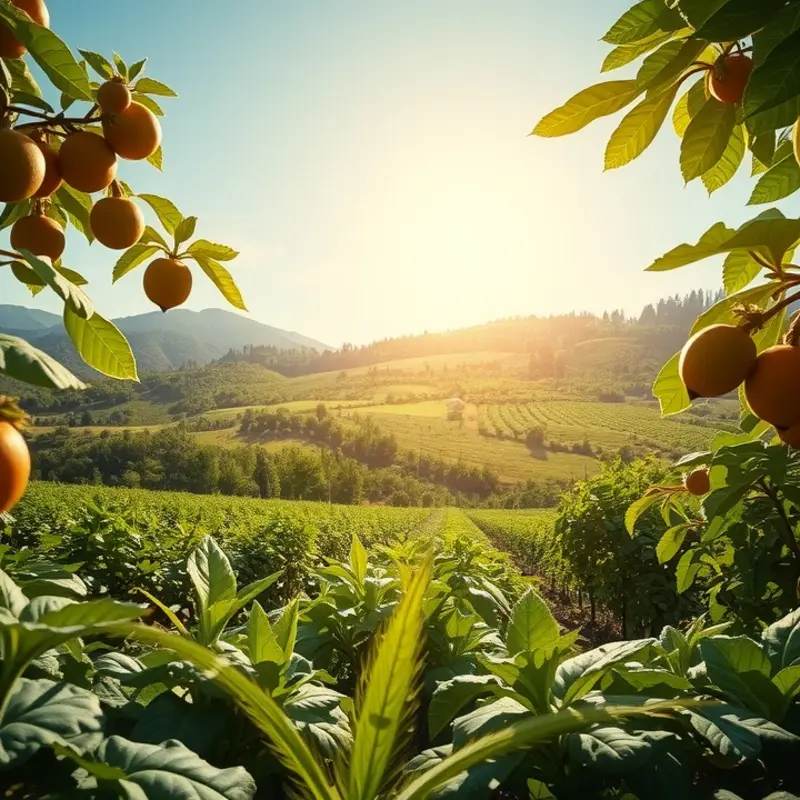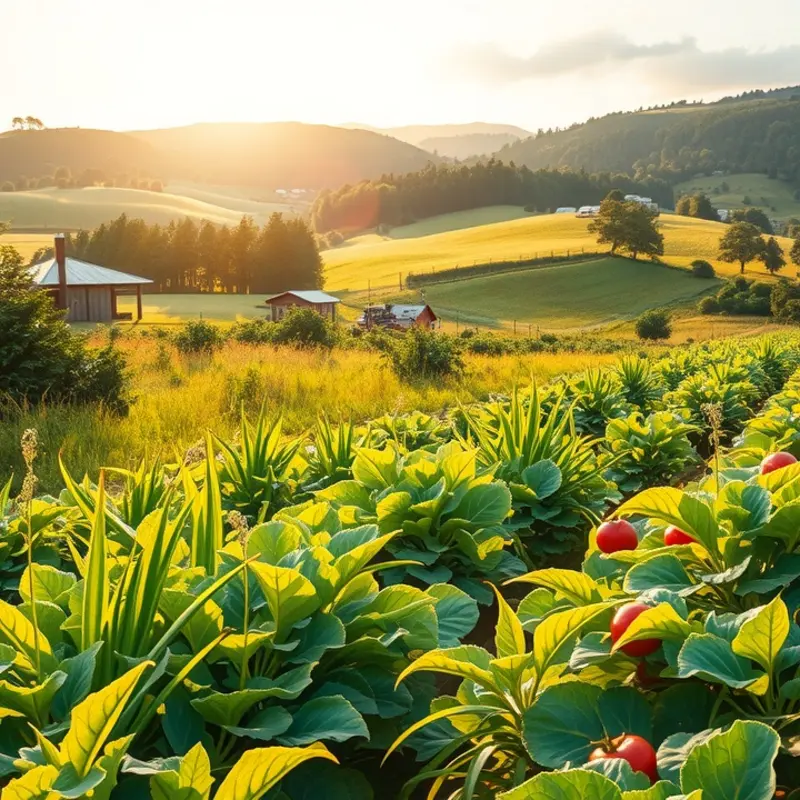Celebrating the joys of dining at green festivals can be a transformative experience. From food trucks offering plant-based dishes to trendy farm-to-table eateries, these events not only tantalize the taste buds but also promote sustainable living. Choosing eco-friendly food options at these festivals allows us to support local farmers, reduce our carbon footprint, and enjoy nourishing meals that are kind to the planet.
The Essence of Eco-Conscious Eating

Sustainable eating is more than a trend; it’s a commitment to preserving our planet. When it comes to festival dining, these principles can be both indulging and impactful. At the heart of eco-conscious eating is the belief that every meal influences the global ecosystem. Understanding this connection involves appreciating the value of organic ingredients, the power of local food systems, and the benefits of plant-based options.
Supporting organic farming is a crucial element in the sustainable dining philosophy. Organic agriculture nurtures healthier soil, enhances biodiversity, and reduces pollution from pesticides and fertilizers. Choosing organic ingredients signals a preference for fewer chemicals in our food production, aligning consumption with conservation. This choice is visibly important at festivals where diverse crowds mean high food demand. Offering organic meals ensures flavor doesn’t come at the environment’s cost.
Local sourcing strengthens community and diminishes carbon footprints. By supporting nearby farms, festivals cut down on transportation emissions, propelling local economies. Locally grown produce is often fresher and more nutritious, reducing the need for preservatives. Festival organizers can partner with local farmers to showcase regional specialties. This collaboration brings authenticity to the dining experience and turns meals into a celebration of community resilience.
Plant-based diets contribute significantly to reducing greenhouse gases. Raising livestock generates significant emissions, while plant-based options have a smaller environmental impact. Offering a variety of vegetarian and vegan dishes at festivals not only caters to diverse palates but also reflects a dedication to sustainability. Switching to these options can lead to significant environmental benefits, including reduced deforestation and water conservation. For those new to plant-based eating, resources like easy plant-based eating can provide insights into integrating these choices effortlessly.
Sustainable festival dining isn’t just about what’s on the plate; it’s a holistic practice affecting numerous aspects of event planning. It involves being mindful of food waste and adopting practices that minimize it. This may include educating patrons on portion control or offering smaller tasting plates to ensure food gets enjoyed rather than discarded.
The quest for eco-conscious eating champions simplicity but brings profound impact. Organizers have the unique opportunity to turn festivities into an educational platform, influencing attendees’ choices long after the event. By incorporating sustainable practices, festival dining holds the power to excite and engage while affirming commitment to the environment. This fusion of joy and responsibility promotes a sustainable feast, contributing to a healthier planet.
Navigating the Festival Food Scene

As you stroll through the bustling lanes of a green festival, the tantalizing aroma of fresh, eco-friendly dishes fills the air. But how do you ensure that the meals you choose align with sustainable practices? Start by scrutinizing food labels. Look for certifications like organic or fair trade, which signify that the products were produced with environmental considerations in mind. These certifications often ensure minimal pesticide use, sustainable farming methods, and fair labor practices.
Choosing local vendors is another key strategy. Supporting local food businesses not only reduces carbon emissions related to long transportation routes but also fosters community-based economies. Local produce is often fresher, requiring fewer preservatives, and supports biodiversity by encouraging the cultivation of native plants.
At many festivals, zero-waste initiatives are becoming more prevalent. Be on the lookout for stalls that incorporate compostable or reusable serving materials. Some festivals even offer a utensil rental service where you can borrow cutlery for a small deposit, thus eliminating the need for single-use plastics.
Being mindful of portion sizes can significantly reduce food waste. Select stalls that offer customizable portion options to avoid excess, or share dishes with friends to sample a variety without over-ordering. This practice aligns with low-waste cooking strategies, helping to ensure that the environmental footprint of your meal is as small as possible.
Additionally, inquire about the festival’s food waste management policies. Some events have partnered with local charities to donate untouched surplus food to those in need. Others have invested in on-site composting systems to turn waste back into fertile soil, supporting the next generation of sustainable crops.
Infusing your festival dining experience with sustainability doesn’t mean sacrificing flavor or variety. It’s about harnessing the joy of food while respecting the planet. By adopting these mindful practices, you can savor each bite with the knowledge that your choices support a greener future.
Final words
Choosing eco-friendly food at green festivals allows individuals not only to enjoy culinary delights but also to participate in a sustainable movement. Every meal represents a chance to support local agriculture, reduce waste, and help combat climate change. As you plan your next festival visit, remember that every eco-conscious choice contributes to a healthier planet. Your actions, no matter how small, play a role in the larger narrative of environmental stewardship.








